Publication
Research or policy reports and information about climate change that has been produced by a UN entity. These activities include the documents prepared for UNFCCC meetings.
-
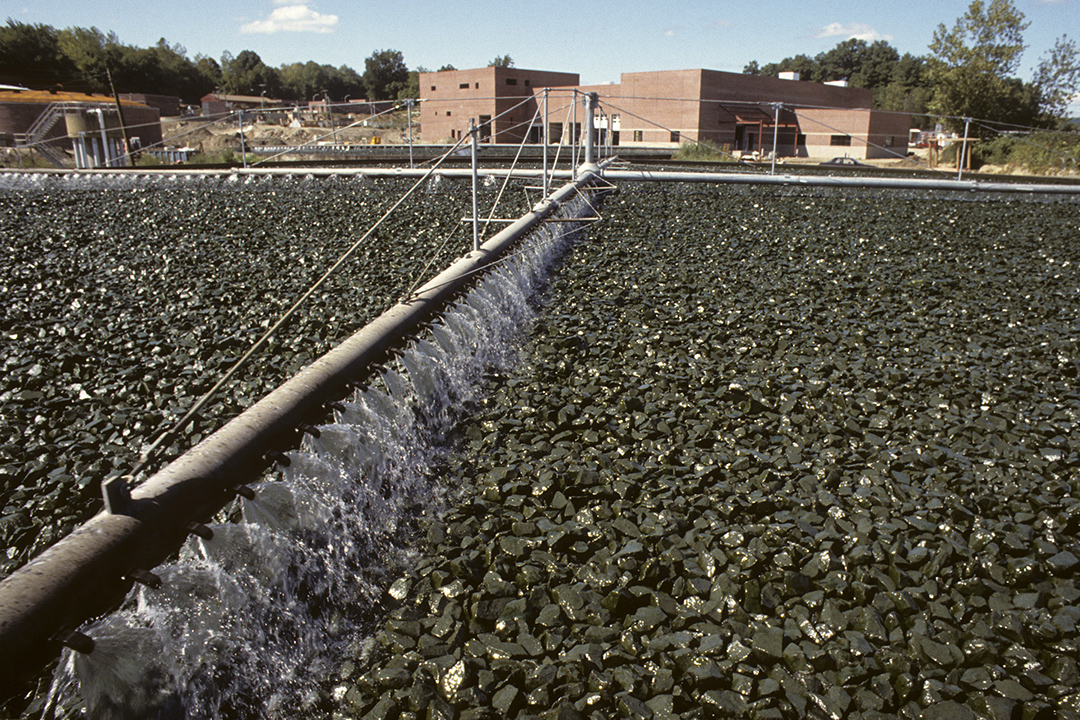
UN-Water Brief Explores How SDG 6 Action Can Contribute to Climate Solutions
<p>Titled, ‘UN-Water Analytical Brief on Water for Climate Mitigation,’ the report views water as an enabler of climate change mitigation, necessary for the clean energy transition as well as the natural and artificial removal of carbon dioxide (CO2) from the atmosphere. Therefore, it argues, “[u]nderstanding water availability and constraints should assist in deciding on climate…
-
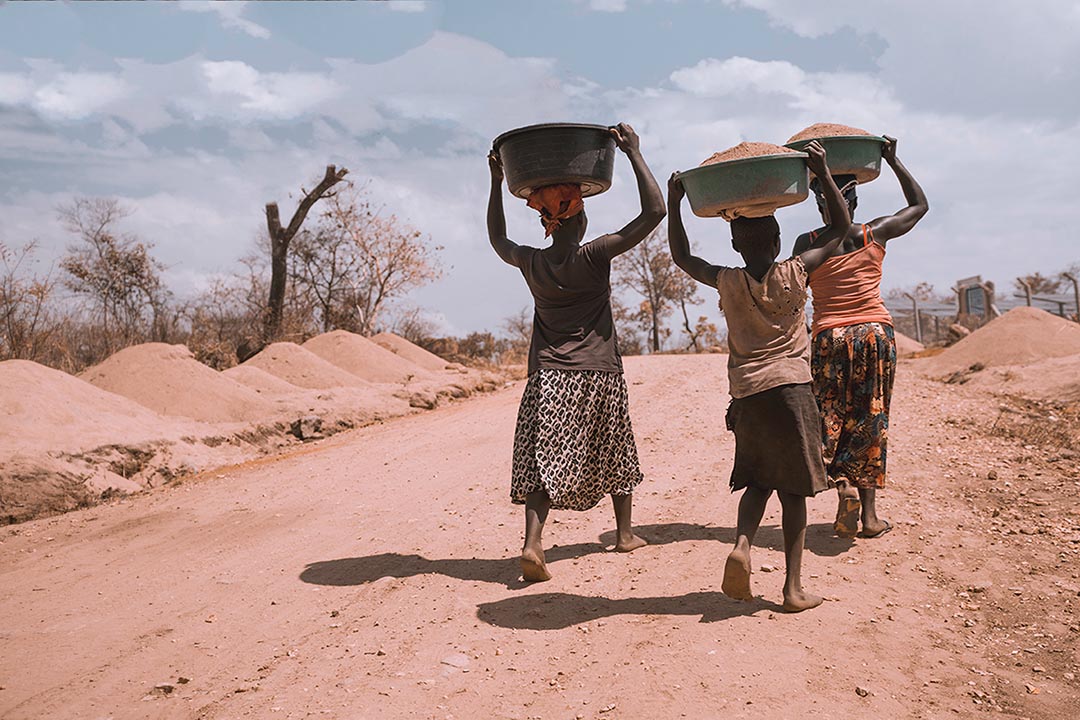
Understanding and Managing Drought Risks: Lessons from World Drought Atlas
<p>There is a growing recognition that drought risks and impacts are systemic in nature. In the World Drought Atlas, this concept is used to investigate drought risks and impacts for five sectors and systems: water supply; agriculture; ecosystems; navigation; and hydropower. The analysis highlights cross-sectoral and cascading effects on food security, human health, mobility, conflicts,…
-

UNEP Report Explores Circular Economy Approaches to Support Just Transition
<p>Greater efficiency and circularity, the paper argues, could reduce the cumulative need for new minerals by 2050, saving money, minimizing supply risks, and avoiding serious environmental damage. “Responsible mining for the remaining mineral requirements is vital for ensuring that the social and environmental impacts of mining do not damage surrounding communities,” it emphasizes. The paper calls for…
-
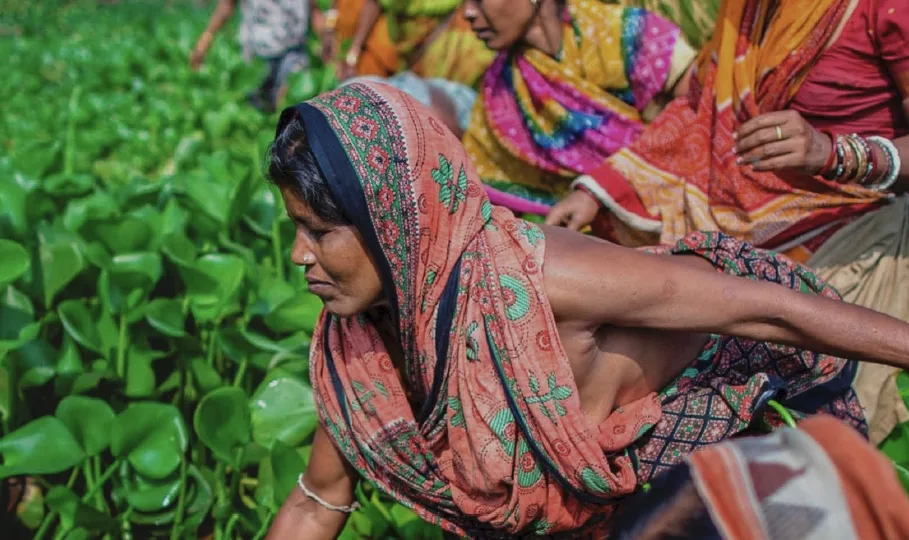
UNDP Paper Supports Food Systems Resilience Against Crisis and Conflict
<p>A UNDP white paper seeking to support food systems transformation towards sustainability and resilience reveals a four-dimensional system with six structural drivers at its core, covering at least nine SDGs. The four dimensions for transformation are food systems governance, six structural drivers, the food value chain, and sustainable finance. Based on this new, deeper understanding…
-
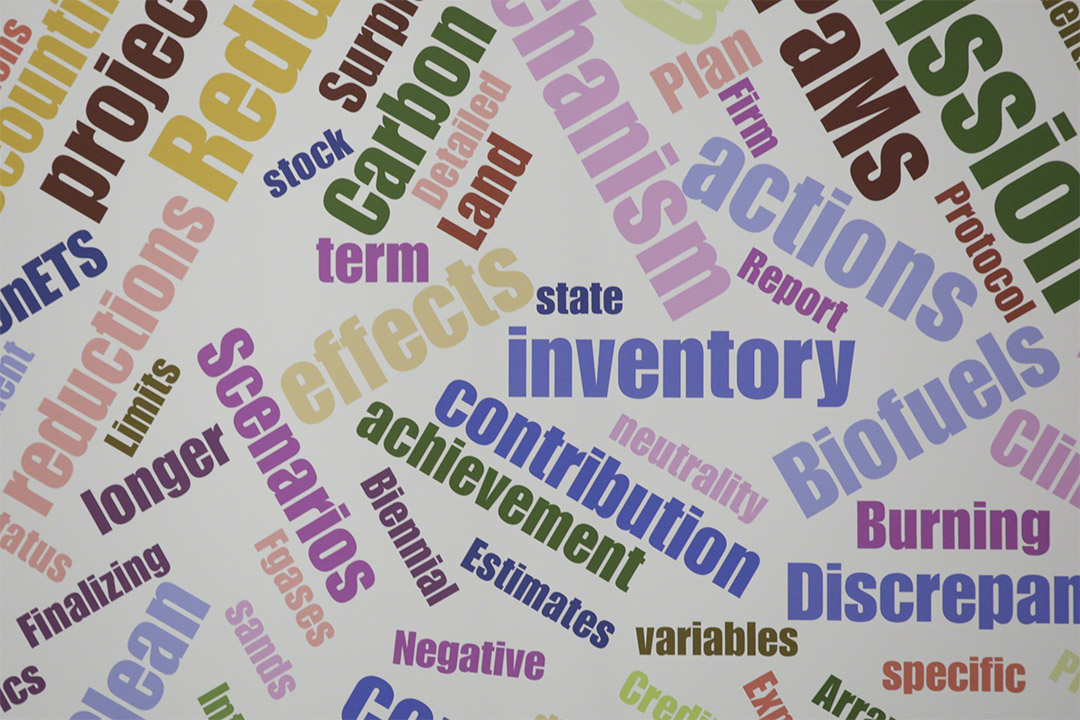
Implementation of Latest NDCs Could Lead to Emissions Increase: UN Report
<p>The report estimates that full implementation of all latest NDCs is likely to lead to a 5.9% (ranging from 3.2%-8.6%) emission reduction by 2030 compared to the 2019 levels. Implementation of all latest NDCs excluding conditional elements is estimated to lead to 0.8% higher emissions in 2030 than in 2019 (ranging from 1.8% lower to…
-

World Bank Report Outlines Pathways to Greener, More Inclusive Growth
<p>In low-income settings, the report recommends prioritizing poverty reduction by delivering economic growth and reducing multidimensional poverty. It calls for prioritizing income growth in MICs to reduce vulnerability, and synergies to reduce the carbon intensity of growth. The report argues that UMICs and HICs, which account for four-fifths of global GHG emissions, need to transition…
-

How New ISO Principles, Launched at COP 29, Are Reinvigorating ESG Efforts
<p>Launched at COP 29, the ISO ESG Implementation Principles seek to both enhance understanding of ESG as well as offer guidance that will enable more consistent reporting. They are as applicable to a small organization as they are to a large one and are designed to support organizations at any stage of their ESG journey.</p>
-

Toilets Are Vital for Peace
<p><!– wp:paragraph –></p> <p>Unless sanitation and water systems are made climate-resilient, climate change is likely to slow, undermine, or reverse progress on access to safely managed sanitation. This is the focus of the ‘Practical guidelines for designing climate-resilient sanitation projects,’ with input from WHO and UNICEF. The aim is to ensure climate action has sanitation…
-
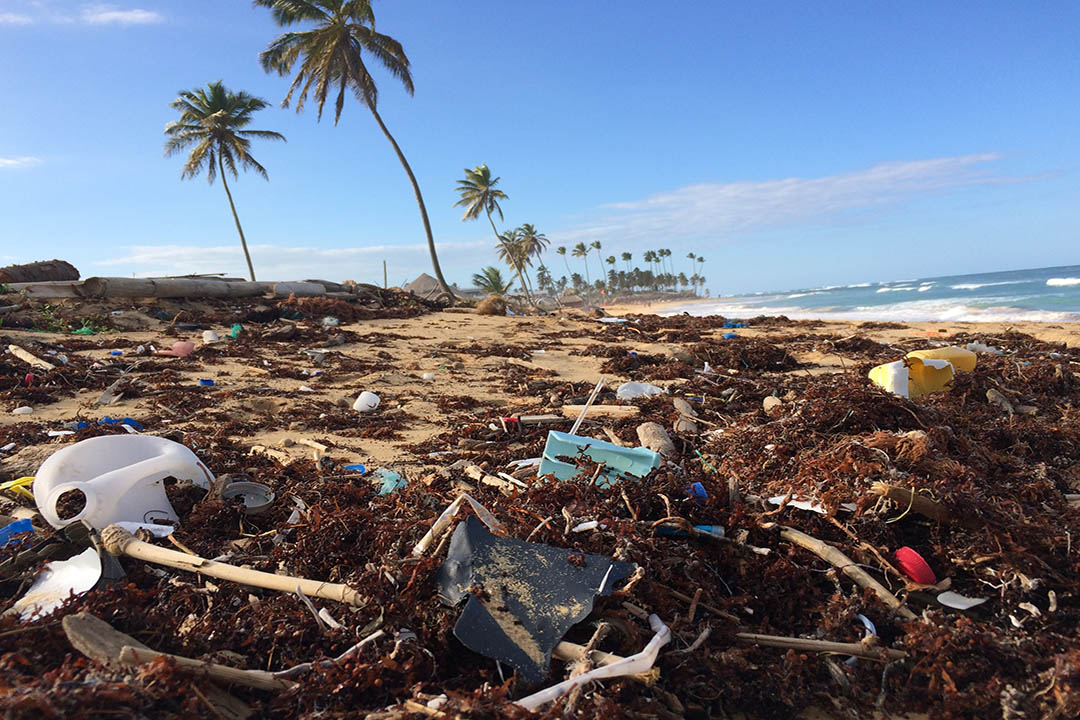
Adaptation Gap Report 2024 Calls for New Commitment on Finance at COP 29
<p>To unlock adaptation finance from both the public and private sectors, the report calls for enabling factors, new approaches, and financial instruments. Outlining the central role of capacity building and technology transfer in enhancing adaptation in developing countries, the report argues that “changes to how they work are needed to accelerate adaptation actions on the…
-

SOFA 2024 Exposes USD 12 Trillion in True Costs of Global Agrifood Systems
<p>SOFA 2024 calls for a value-driven transformation to make agrifood systems more sustainable, resilient, inclusive, and efficient. This, it argues, requires going beyond traditional economic measures like GDP to reflect hidden costs. By utilizing true cost accounting, decision makers can make better policy choices, acknowledging agrifood systems’ critical role in food security, nutrition, biodiversity conservation,…
[facetwp facet=”wpfacet_pager”]